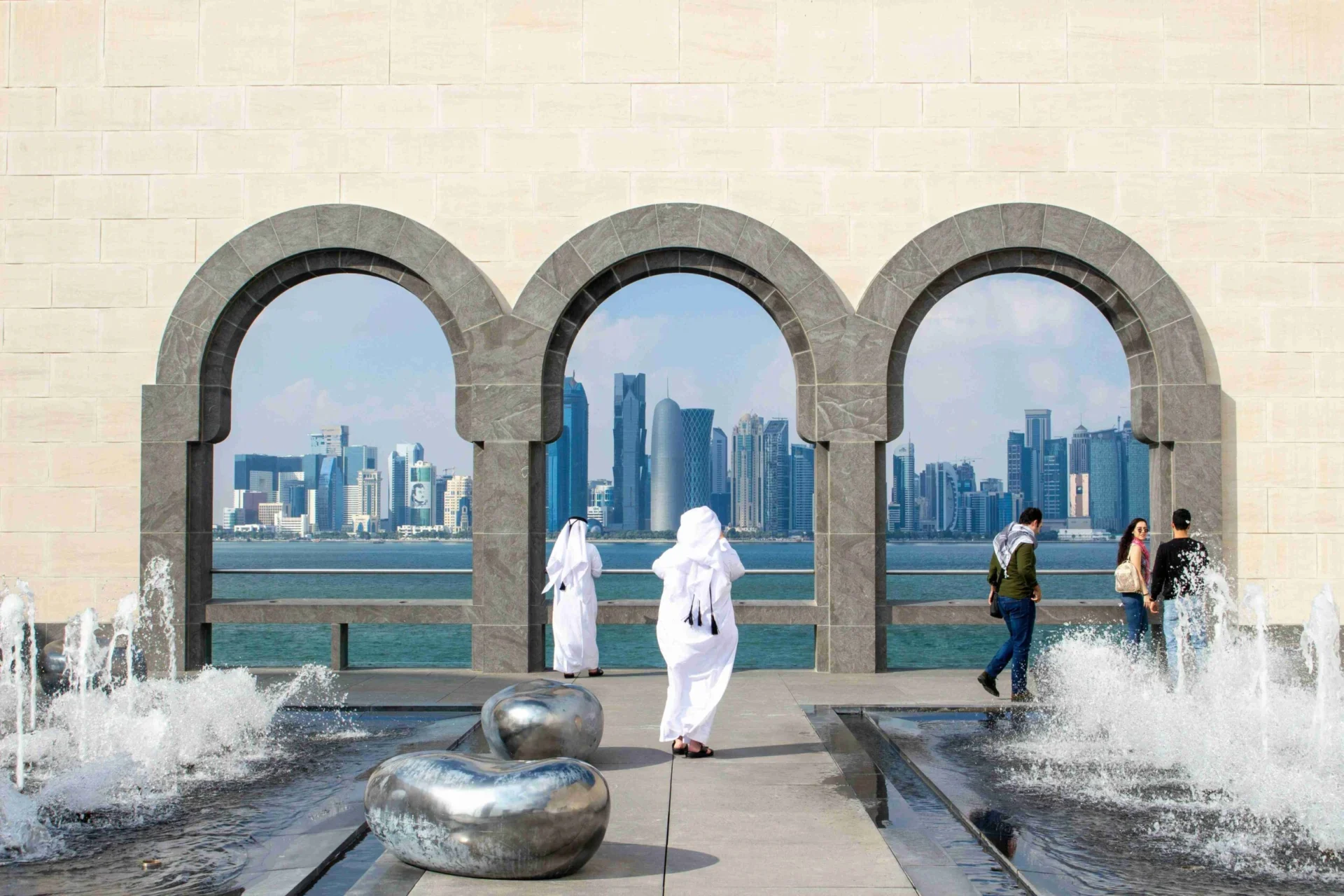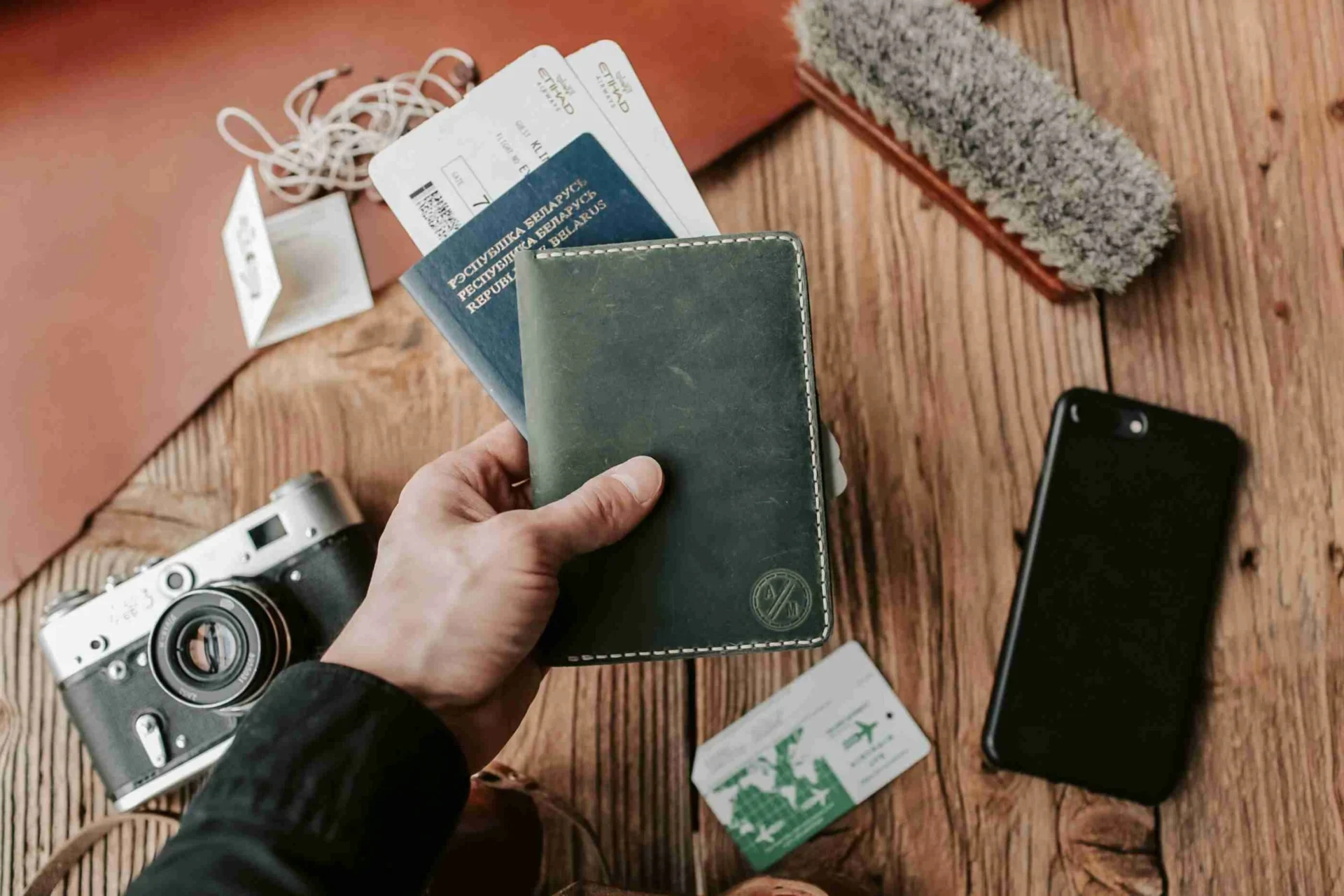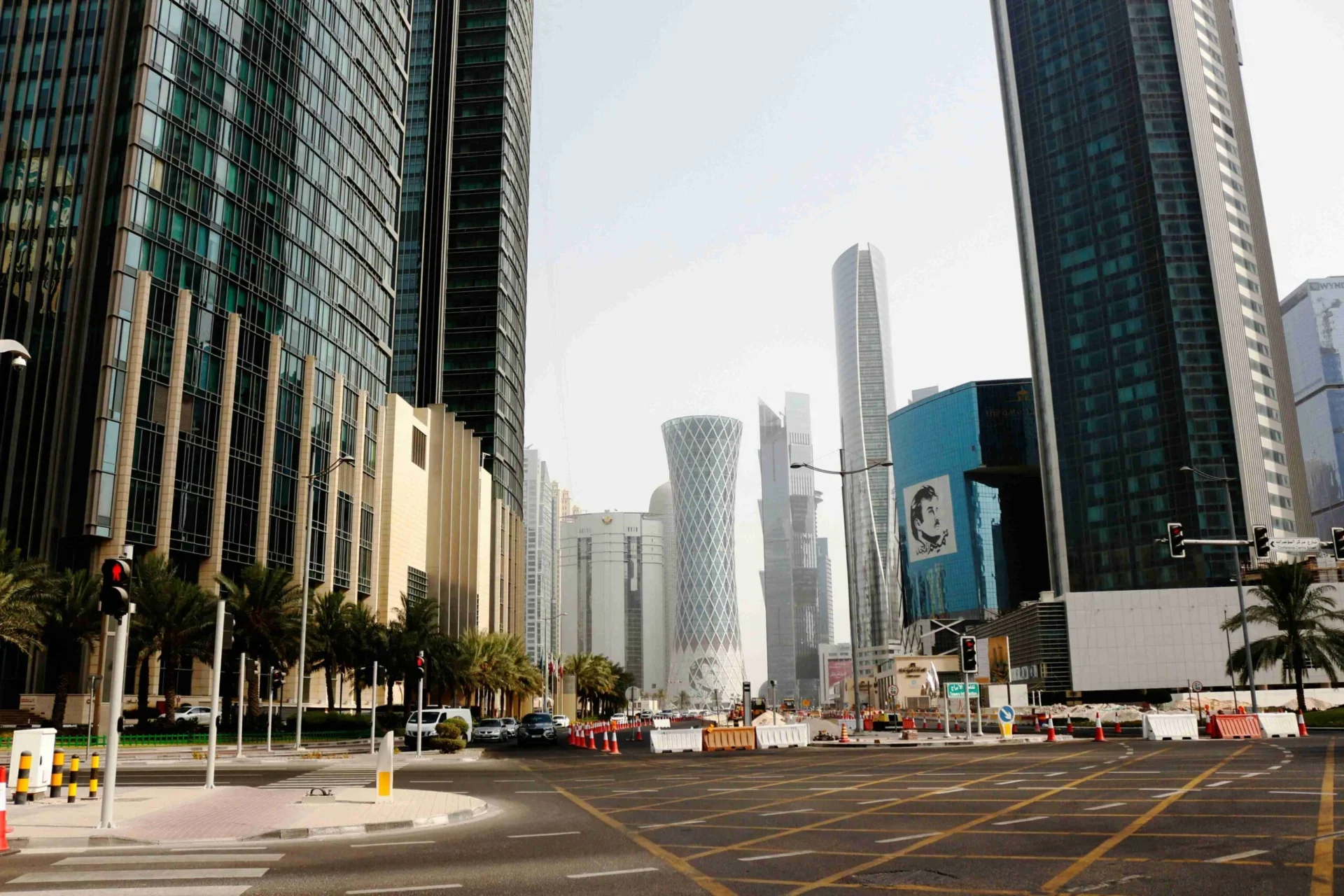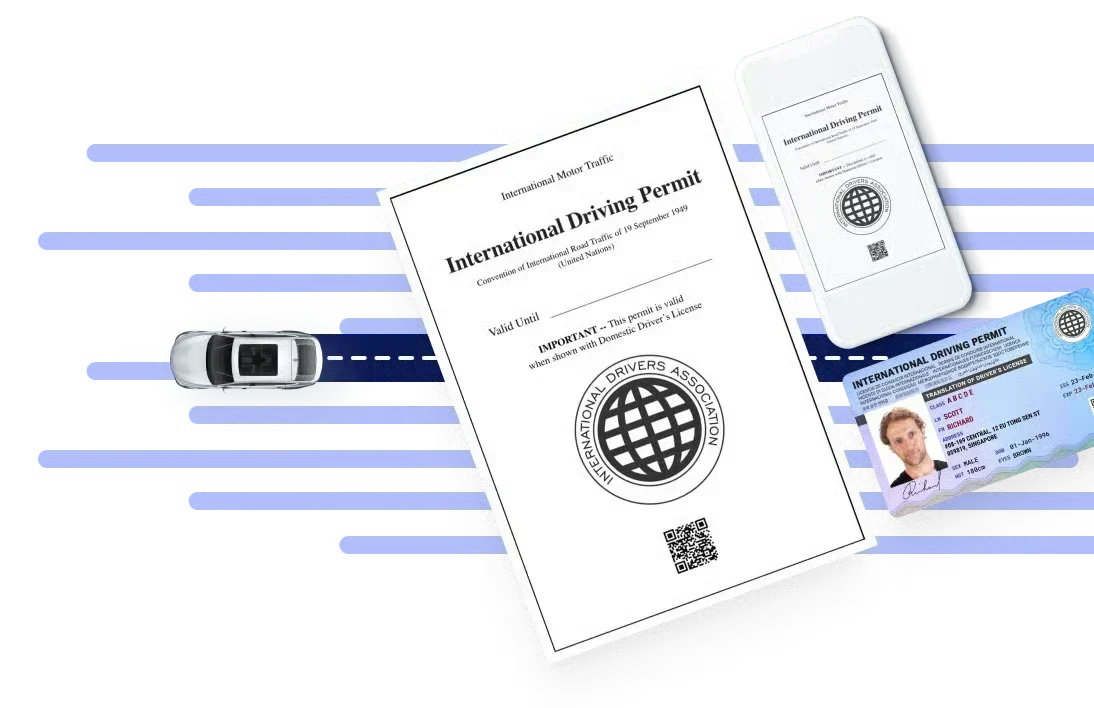

Where was your license issued?
Destination
Traveling to Qatar? Whether you’re drawn by the allure of its modern cities, the whispers of ancient trade routes, or the promise of an unforgettable desert adventure, ensuring a seamless experience begins long before you set foot on its sandy shores. From navigating visa protocols to understanding cultural norms, this article is your compass to the essentials. Let’s dive into the prerequisites that pave the way for an enriching visit to this jewel of the Arabian Peninsula.
Visa Types
Before planning a trip to Qatar, knowing which visa you need is crucial. There are different types, like tourist, business, and transit visas.
Each serves a unique purpose. Tourists visit for leisure, business travelers for work, and transit visas are for short stays while moving to another destination.
Firstly, check if you can get a visa on arrival or an e-visa. This makes the process easier. Each visa type has its time limit and rules. For example, a tourist visa might allow you to stay up to 30 days or one month.
Application Process
Applying for a Qatar visa involves several steps.
- You must fill out an online form on the official Qatar portal first. This step is essential.
- Next comes preparing digital copies of necessary documents like your passport and photos.
- Lastly, pay any required fees online if needed.
Qatar Tourist Visas cost the main applicant QAR 100 (USD 27) and QAR 50 (USD 13.50) for each accompanying person.
Entry Conditions
There are essential conditions to meet before entering Qatar. Your passport should be valid for six more months after your trip ends. Make sure no entry bans affect your nationality due to diplomatic reasons. You also need enough money for your stay in Qatar.
Exemptions
Some travelers might not need a visa at all. People from certain countries don’t need one, thanks to special agreements. Also, GCC residents have some exemptions based on their status in those countries.
You can check VisitQatar.com for the countries exempted from applying for a Qatar visa.
Essential Travel Documents


Passport Validity
Before traveling to Qatar, your passport must be valid for at least six months from arrival. This is a common requirement for many countries. It ensures that travelers do not face any issues with authorities during their stay or when they leave.
You also need to have at least two blank pages in your passport. These are for entry and exit stamps that immigration officers will put in your passport. If you don’t have enough space or your passport’s expiry date is near, renew it before planning your trip.
Read our article outlining the steps in securing a passport in Qatar to be guided on how to renew your passport.
Return Tickets
Qatar requires all visitors to present a confirmed return ticket or documentation of an onward journey. This proves that you plan to leave the country after visiting. Airlines often check this information before you board the flight.
Some airlines may ask for specific types of proof for return travel plans. It’s wise to verify what they need ahead of time. Also, consider buying flexible tickets if possible. They can be helpful if plans change unexpectedly due to emergencies or other reasons.
Proof of Accommodation
When entering Qatar, you must show where you’ll stay during your visit. This could be a hotel booking confirmation from one of the best hotels in Qatar or an address where friends or family are hosting you. Ensure these accommodation details align with the duration of your stay in Qatar.
For those opting for accommodations like Airbnb, be aware that additional verification might sometimes be required compared to traditional hotels. It’s always prudent to double-check with hosts about any necessary steps before arrival.
Additional Documents
Depending on why you’re traveling, there might be more documents required. If going on vacation, having an itinerary handy is good practice. Business travelers should carry a cover letter from their company explaining the purpose of their visit.
Students and interns may need proof like enrollment letters or internship offers. These prove why they’re coming and reassure authorities about their intentions in Qatar.
Travel Restrictions Overview
Country-Specific Bans
Before you pack your bags for Qatar, checking if any travel bans affect you is crucial. These bans might be due to health concerns or diplomatic reasons. It means some countries may not allow their citizens to visit Qatar or vice versa.
First, look up the latest news on travel restrictions. They can change quickly. For example, a sudden airspace closure could mess up your plans. Next, understand how Qatar gets along with your country. Bad relations could mean stricter rules for travelers like you.
Transit Rules
Flying through Doha? Pay attention to transit rules at Hamad International Airport. You might need a transit visa depending on how long you’re there and where you’re from.
Always check with your airline about the time between flights. Too short, and you might miss your connection; too long, and you may need that visa after all.
If staying in the airport while waiting for another flight, know where the transit areas are. Without a proper visa, these are the only places you can be.
Restricted Areas
Qatar has places where tourists can’t go without special permission—like military zones. Don’t take pictures of sensitive spots such as government buildings or essential infrastructure facilities. To avoid trouble, ask local guides which areas are off-limits.
- Military zones require special permits.
- Avoid photography in sensitive locations.
- Consult travel advisories or local guides about restricted regions within Qatar.
Pre-Travel Approval Processes
Depending on where you’re from, you might need another thing before flying – travel authorization via Qatar’s ETA system. Not everyone needs it, but check if you do!
To avoid any last-minute rush, apply well ahead of time. Processing can take from a few days up to a week.
When applying for travel authorization, remember these three things:
1. Details of where you’ll stay.
2. Your return tickets.
3. Proof that you have enough money for the trip.
These help prove that your visit is planned well and that you can support yourself in Qatar.
Cultural and Legal Considerations
Dress Code
When visiting Qatar, dressing appropriately is crucial. It shows respect for the local culture. Both men and women should cover their shoulders and knees in public places. This rule is especially important in religious sites and traditional neighborhoods.
Beachwear belongs on the beaches or at swimming pools only. Do not wear it on city streets or in malls. Since Qatar has a hot climate, choose lightweight clothing that still respects modesty norms.
Alcohol Regulations
Understanding alcohol regulations in Qatar will help you avoid trouble. You can drink alcohol in licensed hotels, bars, and private compounds only. Being drunk in public is against the law.
Check if you need an IDP NowWhere was your license issued?
Destination
Do not carry alcohol outside designated areas to avoid fines or detention. Only buy alcohol from licensed sources if necessary. Non-Muslim residents may get a permit to purchase alcohol from regulated outlets.
Public Behavior
Public behavior demands caution, too. Public displays of affection are not acceptable here; they could offend someone. Avoid loud conversations, swearing, or aggressive gestures as well. Such actions can lead to unwanted attention or even legal issues.
Respect local customs and traditions, but be extra mindful during Ramadan.
Financial Preparations
Currency Exchange
Before traveling to Qatar, exchanging your money for the local currency, Qatari Riyal (QAR), is essential. Doing this at authorized dealers such as banks or currency exchange bureaus is best. These places are reliable and safe.
Avoid exchanging money in informal markets. The rates might not be favorable. Always compare rates before making large exchanges. Airports often offer less competitive rates.
Keep some Qatari Riyal handy for small purchases. Many small vendors may not accept cards.
Cash and Cards Usage
In Qatar, credit and debit cards are widely accepted in most places. However, it’s wise always to carry some cash as a backup option.
Inform your bank about your travel plans in advance. This can prevent your card services from being frozen due to suspicious foreign transactions.
ATMs are easy to find across Qatar but check the transaction fees first. Fees can be higher when using international cards.
Budgeting Tips
Traveling doesn’t have to break the bank if you plan smartly:
- Take advantage of free attractions like the Corniche, Souq Waqif, and Museum of Islamic Art.
- Use public transport such as metro and buses instead of taxis for cheaper commuting options.
- Eat at local eateries rather than international chains for more authentic and budget-friendly meals. But you can try some of the best restaurants in Qatar occasionally so as not to miss out on the culinary diversity Qatar offers.
These tips help you enjoy what Qatar has to offer without overspending.
Driving in Qatar
Another way to save money while traveling is by renting a car. Here are some things to keep in mind if you choose to drive in Qatar:
- An International Driving Permit (IDP) for Qatar may be required, so check before you go.
- Traffic drives on the right side of the road.
- Always wear a seatbelt and use indicators when changing lanes or turning.
- Keep your headlights on at all times.
- Be aware of speed limits and traffic signals.
Driving in Qatar can be a convenient way to get around. Doha can sometimes be congested, but roads are generally quiet and well-maintained outside the city. Remember always to follow traffic rules to ensure a safe trip.
Communication in Qatar
Language Basics
Learning basic Arabic phrases will make your trip to Qatar more enjoyable. Words like “hello” and “thank you” (‘Shukran’) and “please” (‘Min fadlak’) are good starts. English is common, especially where tourists go, but trying some Arabic can make people smile.
Some apps translate languages. They help when you shop or eat out. It’s easy to download them on your phone before you go.
Mobile Services
When you get to Qatar, consider obtaining a local SIM card for your phone. This way, calls and using the internet will be relatively inexpensive. Ensure your phone works with Qatar’s network bands first; they mostly use GSM.
You can add more credit to your SIM card easily. You can do this at small shops, big stores, or online.
Internet Accessibility
In Qatar, finding free Wi-Fi is easy. Many public spots have it – think parks, cafes, and shopping malls. If you always want to be online without trouble, look into portable Wi-Fi devices or plans that work worldwide.
However, some websites or services don’t work in Qatar because of rules about what people can see or use online.
By following these tips on communication in Qatar after sorting out financial preparations from the previous section:
- Learn a few words of Arabic.
- Download translation apps.
- Get a local SIM card.
- Check if your mobile works there.
- Look for free Wi-Fi spots, but consider other ways to stay connected that suit how much money you want to spend.
Doing these things means less worry about talking with locals or staying connected back home while exploring beautiful places in Qatar.
Emergency Information
Local Emergency Numbers
Before you travel to Qatar, knowing local emergency numbers is crucial. In Qatar, the unified number for police, ambulance, and fire service is 999. This simplifies things during emergencies. Always have these numbers saved in your phone.
Besides these services, keep your embassy’s contact information handy. This could be vital if you need consular assistance. Registering with your embassy upon arrival in Qatar is a good idea. They can send alerts about safety issues or other important news.
Nearest Embassy or Consulate
Finding the nearest embassy or consulate before traveling is wise. Embassies help with legal matters, lost passports, and emergencies. You can find their details online easily.
Check the working hours of your country’s embassy in Qatar and any appointment requirements they might have. Having this information beforehand can save time and stress during unforeseen situations.
Health Facilities
Being familiar with major hospitals and clinics around your stay area in Qatar is beneficial. Consider getting travel insurance that covers medical expenses while abroad. Pharmacies are easy to find across Qatar, but remember, prescription regulations may vary from what you’re used to.
Here are some tips:
- Locate health facilities near where you’ll stay.
- Ensure your travel insurance includes medical coverage.
- Understand pharmacy prescription rules might differ.
Discover Qatar
Venturing into the enchanting realm of Qatar demands a blend of preparation and eagerness to immerse oneself in its rich culture and traditions. By ensuring you’re well-informed about visa regulations, local laws, and cultural nuances, you set the stage for an unforgettable journey. Familiarize yourself with things to know before traveling to Qatar to further enhance your readiness and enrich your experience. Qatar invites you with open arms, offering a tapestry of experiences from the dazzle of Doha’s skyline to the tranquility of the desert.
So, pack your essentials, embrace a spirit of adventure, and prepare to be mesmerized by the beauty and hospitality of this country.






